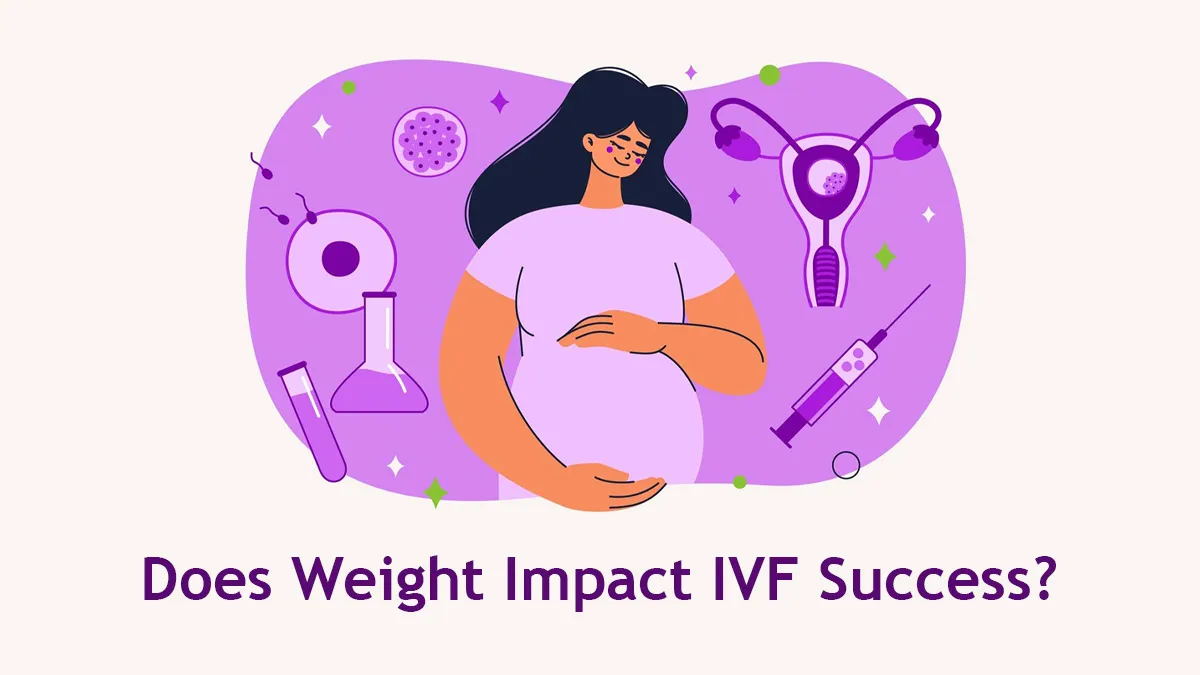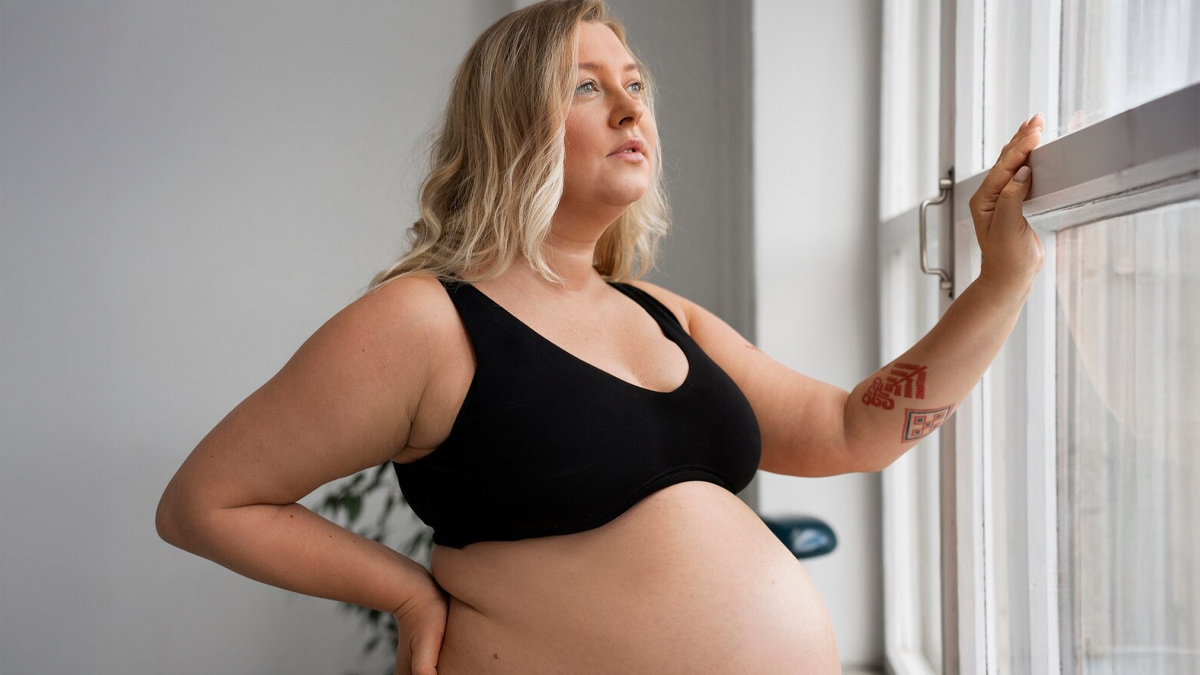
When it comes to In Vitro Fertilisation (IVF), many hopeful parents wonder: Does my weight affect my chances of success? The answer, according to fertility experts, is yes, but it’s not just about being overweight. Both underweight and overweight individuals may face hurdles during IVF, from hormonal imbalances to lower egg quality. Weight influences how your body responds to fertility medications, ovulation, and even embryo implantation. But how significant is this impact, and what can you do about it?
Table of Content:-
An expert explains the science behind weight and IVF outcomes, shares actionable tips from a leading fertility specialist, and highlights how small lifestyle changes can tilt the odds in your favor. Let’s dive into what you need to know.
How Weight Affects IVF Success?
View this post on Instagram
Dr Saloni Patil, Consultant, Dr Patil’s IVF and Fertility Clinic, Mumbai, explains: “Weight plays a critical role in IVF outcomes. Whether you’re underweight or overweight, it can disrupt hormonal balance and reduce success rates.” Let’s explore how both extremes impact fertility:
1. Being Overweight
- Hormonal Imbalances: Excess fat tissue produces estrogen, which can interfere with ovulation and egg quality.
- Medication Response: “Overweight patients often need higher doses of ovulation-inducing drugs, and even then, the response may be weaker,” says Dr Patil.
- Risks: Higher chances of insulin resistance, inflammation, and implantation failure.
2. Being Underweight
- Menstrual Irregularities: Low body fat disrupts estrogen production, leading to irregular cycles.
- Egg Quality: “Underweight women may produce fewer mature eggs during IVF cycles,” Dr. Patil notes.
- Energy Reserves: The body prioritises survival over reproduction, reducing fertility potential.
ALSO READ: Is Using a Mixer Grinder Safe During Pregnancy? Doctor’s Insight on Vibrations
A Study Linking Weight and IVF Outcomes
A 2023 meta-analysis study published in Human Reproduction reviewed 15 studies involving 25,000 IVF patients. Key findings:
- Overweight women (BMI ≥25) had a 20% lower live birth rate compared to those with a healthy BMI (18.5 – 24.9).
- Underweight women (BMI <18.5) faced a 15% lower success rate, partly due to poorer egg quality.
- Weight loss or gain of just 5–10% improved outcomes significantly in 70% of cases.
Steps to Optimise Weight for IVF Success

Dr Patil’s actionable advice for hopeful parents:
- Adopt a Balanced Diet: Focus on whole foods, lean proteins, and fiber. Avoid processed sugars.
- Exercise Regularly: Aim for 30 minutes of moderate activity (e.g., brisk walking) daily.
- Partner Involvement: “Male weight also matters. Obesity lowers sperm quality, so couples should tackle this together,” she adds.
- Consult Your Doctor: Get a personalised plan to reach a healthy BMI before starting IVF.
Why Timing Matters
“Don’t rush into IVF without addressing weight issues,” warns Dr Patil. Even a 3–6 month period of focused lifestyle changes can:
- Improve hormone levels.
- Enhance response to fertility drugs.
- Boost embryo implantation chances.
Myth Busting: Weight and IVF
-1742368747554.jpg)
- Myth: “Only women’s weight affects IVF.”
- Fact: Male obesity reduces sperm count and DNA quality, impacting embryo health.
- Myth: “Crash diets work.”
- Fact: Rapid weight loss stresses the body, worsening fertility. Aim for gradual changes.
ALSO READ: What Is Intracytoplasmic Sperm Injection (ICSI)? Expert Details The IVF Fertility Treatment
Conclusion
Weight isn’t just a number—it’s a key factor in your IVF journey. While being underweight or overweight poses challenges, the good news is that positive changes can boost your odds of success. By partnering with your fertility specialist, adopting healthier habits, and staying patient, you can create the best possible environment for conception. Remember, every small step toward a healthier weight is a step closer to welcoming your baby.
Also watch this video
How we keep this article up to date:
We work with experts and keep a close eye on the latest in health and wellness. Whenever there is a new research or helpful information, we update our articles with accurate and useful advice.
Current Version